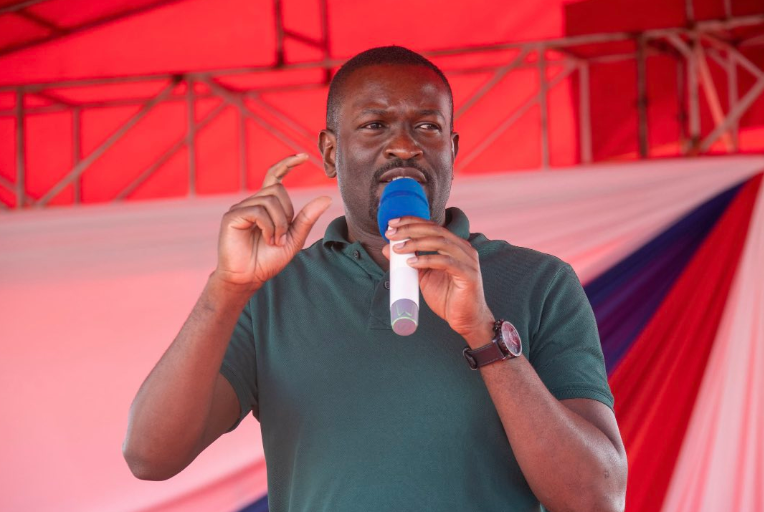How the June 2024 demos played out

On June 18, 2024, Gen Z first spilt onto the streets physically, after days of digital outcry under the hashtag #RejectFinanceBill2024, organised across platforms like TikTok, X, Instagram, and WhatsApp, successfully transitioning the virtual protests into tangible action.
Previously, protests were synonymous with the opposition led by the Orange Democratic Movement (ODM) party Raila Odinga often to oppose election outcome and to point out some governance failures.
However, the youth recorded themselves and posted videos online urging Raila to stay away from their protests as they insisted that it was their turn to fight for the interests of Kenyans from a seemingly adamant government that had continued to ignore their pleas.
What began in June 2024 as spirited opposition to a controversial Finance Bill morphed into one of Kenya’s most dreaded youth-led movements, fueled by deeply rooted socio-economic and political manifestations that only favour the political elites while disadvantaging ordinary citizens.
Digital revolt
The now all-popular Gen Z, comprising the population born after 1997 and before 2010, led a revolution of anger and frustration, without relying on any politician, but basically embarking on digital activism.
A digital revolt against a punishing Finance Bill was birthed, and exploded into a modern-day rebellion against economic exclusion, and political indifference and marking the emergence of a generation that cannot be silenced by oppression.
They mobilised themselves on social media and poured into the streets, causing unrest as they fought off anti-riot police with their shocking teargas and irritant water to compel Parliament to drop the legislation that sought to raise taxes across multiple sectors, from essential goods to digital content creation.
Tone deaf
But even as the youth organised the protests and made it public that they would head to the streets if their grievances were not addressed, politicians, in typical fashion, ignored them and spewed words to mock them.
Notably, National Assembly Majority Leader Kimani Ichungw’ah in the first days before June 25 crescendo dismissed the youthful protestors as children from the rich, who ride on Ubers to town and eat lunch at prestigious KFC restaurants while flaunting expensive smartphones.
“The many you see protesting in Nairobi with iPhones, they call themselves Gen Z, come to the demonstrations in Uber, then afterwards head to KFC to eat chicken and even drink bottled water,” Ichungw’ah said four days before the June 25 protest.
The youth were also angered by fairly youthful Dagoretti South Member of Parliament John ‘KJ’ Kiarie, who claimed on the floor of the House that photos depicting thousands of Gen Z taking part in the protests christened ‘Occupy Parliament’ were edited and were not a reflection of the actual numbers on the street.
These dismissive remarks by ranking parliamentarians only fanned anger among the youth who had keenly followed a façade of public participation on the controversial 2024 Finance Bill conducted by the Finance and Planning Committee, chaired by yet another youthful MP, Kimani Kuria (Molo).
The Judiciary later faulted Parliament for undermining the rights of Kenyans while conducting public participation for various Bills, including last year’s Finance Bill, which the courts declared a cosmetic exercise.














